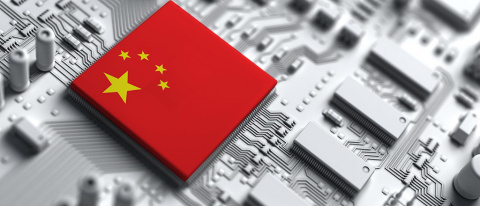The U.S. Commerce Department has proposed new laws to prevent China and other countries from using U.S. semiconductor manufacturing and research funding worth $52 billion
Recipients of U.S. funding will be prohibited from investing in the expansion of semiconductor manufacturing in foreign countries considered unfriendly
As they are critical to national security, some semiconductors will also be defined as not being legacy chips and therefore will be subject to tighter restrictions
The U.S. Commerce Department has proposed new laws aimed at preventing China and other countries deemed of concern from using US semiconductor manufacturing and research funding worth $52 billion.
Also, recipients of US funding will be prohibited from investing in the expansion of semiconductor manufacturing in foreign countries considered unfriendly, such as China and Russia, while recipients of incentive funds will be restricted from engaging in joint research or technology licensing work with these countries.
As they are critical to national security, some semiconductors will also be defined as not being legacy chips and therefore will be subject to tighter restrictions.
This measure covers chips “including current-generation and mature-node chips used for quantum computing in radiation-intensive environments, and for other specialized military capabilities.”
“These guardrails will help ensure we stay ahead of adversaries for decades to come,” said Commerce Secretary Gina Raimondo.
In late June, the department will begin accepting applications for a $39-billion semiconductor manufacturing subsidy program.
The law will also create a 25 percent investment tax credit for construction of chip plants, worth some $24 billion.
To slow Beijing’s technological and military advances, in October the Commerce Department issued new export controls to prevent China from having access to certain semiconductor chips made anywhere in the world with US equipment.
The new rules are a follow up to letters sent in 2022 to leading toolmakers KLA, Lam Research and Applied Materials, which required them to stop shipments of equipment to wholly Chinese-owned factories that produce advanced logic chips.
© Times of Ukraine

